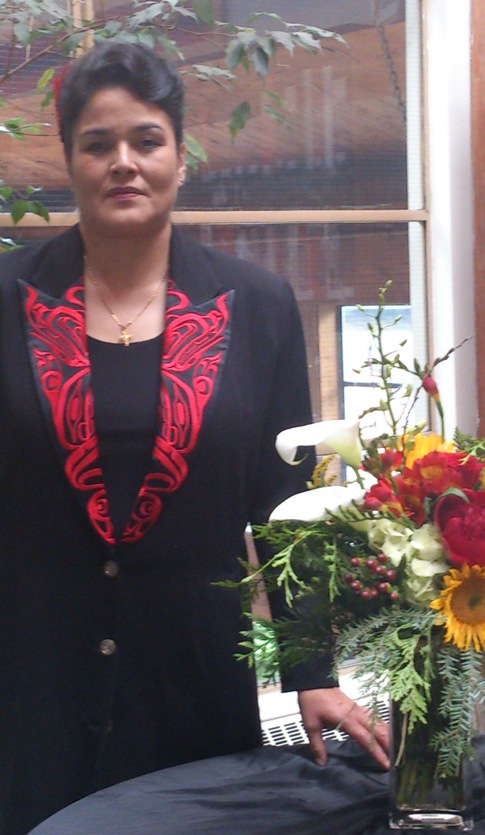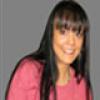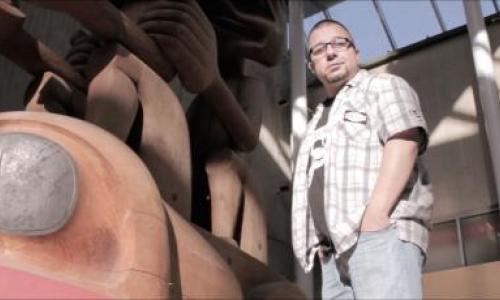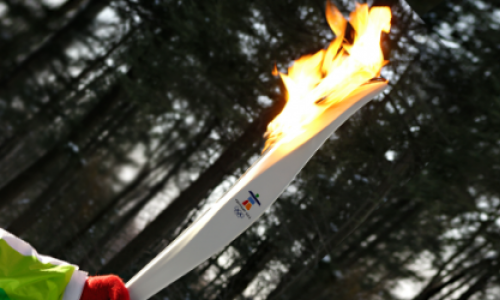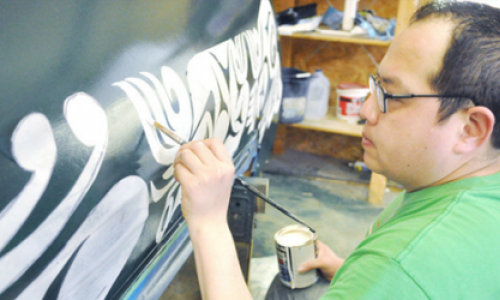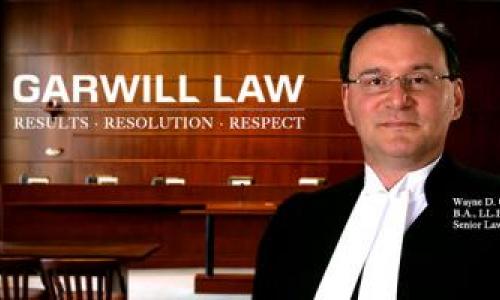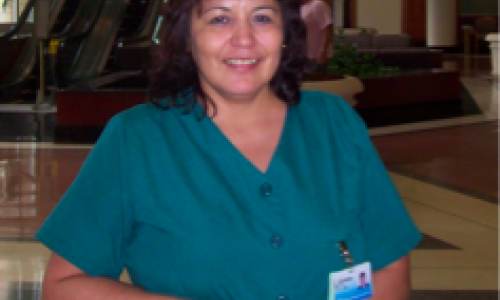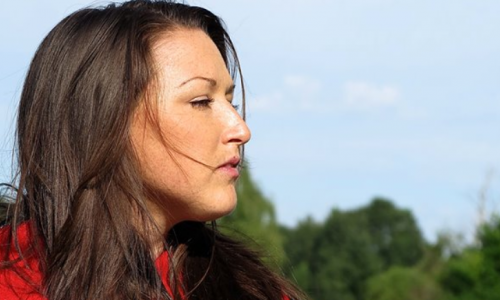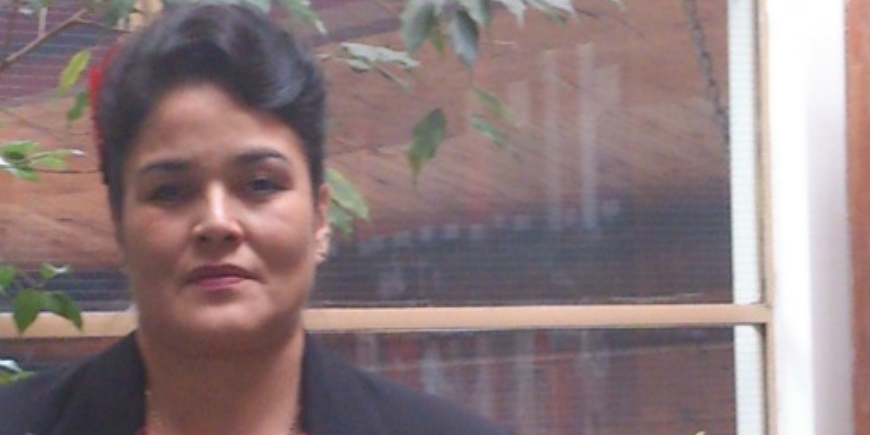
Theresa Contois is an Ojibwa business owner from Long Plain Manitoba. She took possession of Marmalady catering company November 1st and is in the process of merging Cedar Feast House and other companies with the intention of opening a café in January. She is naming the cafe in her mothers maiden name, Yellow-Quill Cafe.
Here is an interview touching on various aspects of her business experience.
Please Summarize Your Business
My business introduces aboriginal culture and cuisine to the local community and provides a career path for aboriginal people who might not normally pursue a career path in the hospitality industry. I also wanted to create a bridging program between the native education college, Vancouver Community College and Cedar Feast House, my own aboriginal catering company. I am completing a Hospitality Management degree from VCC as well as finishing the capstone for the Instructor’s Diploma Program.
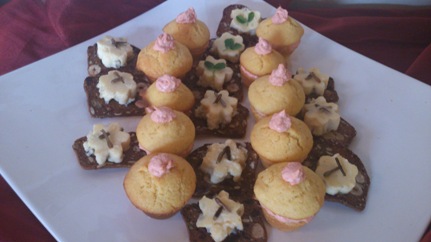
Where did the idea come from?
Coming from a large Family of 14 I started cooking at the very young age of 8 years old. By the time I was 15, I was hired on as a dishwasher and eventually as a short order cook. I really loved to try new recipes and host dinner parties, so when I was 18 years old I said to myself, "I am going to own my own restaurant one day." This part of my journey began in 2003 when my mother became ill with high blood pressure, diabetes and hydrocephalus (Water in the Brain).
She was required to have brain surgery in order to take the pressure off her brain. Mom and I arrived in Vancouver and managed to get a room at St. Elizabeth's womens shelter where we prepared her for surgery by getting her blood pressure and diabetes in check and her white blood count up so there would not be any complications. I did this by researching the appropriate foods to help her body get ready for surgery. She is still with me today and is very healthly at the age of 81. Since then I have used food to get her off her blood pressure pills, her diabetes is in a safe range of 7 to 8, and she looks not a day past 60. At this stage I decided it was time to return to school after my brother convinced me to take the Culinary Arts Program. So in February 2008, after 25 years in the industry, I started at Vancouver Community College. In 2009 I was hired to teach Front of the House Fine Dining for the Aboriginal student specialty program that was being offered at VCC.
From 2011 to 2013, I established my own company called Cedar Feast House Catering at the Native Education College. I catered to a diverse cross-section of the community from small private weddings to both the federal and provincial government.
How did you get started?
The opportunity presented itself in 2008 when I was hired on as a cook at the Native Education College and asked if I would be interested in providing food services to the staff and students on an on-going basis. Then in 2009 I partnered with another Aboriginal person and ran an Olympic 2010 aboriginal feast house at the NEC (Native Education College). Then in 2011, the Native Education College was looking for someone to run the kitchen so I took on the contract and this is when Cedar Fast House was born.
Did you have help getting started?
I pretty much made it happen myself. I hired people that I knew and I drew on the practical experience and theory that I learned later in college.
How do you find new clients?
I would have to say word of mouth. But as the business began to grow I later developed a Cedar Feast House website and a Facebook and Twitter page. Social media has really started to play an increasing role in both small and big business. You can access more and more services through the Internet these days.
Are you able to live off your earning or do you supplement in other ways? And if so, how?
I am able to generate enough business, but it’s still early in the game for me. I also look after my mother as a care provider so I use it to supplement our income.
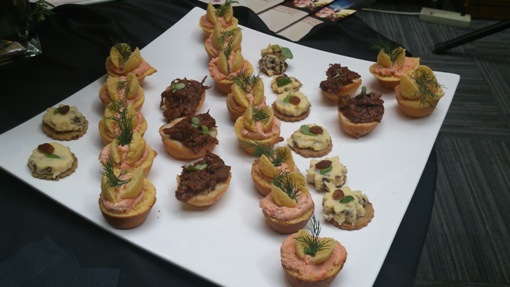
What are the greatest rewards of owning your own business?
I would have to say that the greatest reward of owning my own business is being my own boss. I have a small but devoted staff that is the backbone and I think my greatest strength. You can have a brand new shiny building and all the right equipment, but if you do not have a good crew behind you then your business is going to suffer.
What are the greatest challenges?
I would have to say the greatest challenge has been finding an enthusiastic and committed crew. It has literally taken me years to finding a good crew. It is well worth the time to research your company’s needs first and then match them with a properly trained crew and a crew that you preferably can train yourself to meet your company’s needs.
What mistakes have you made or lessons have you learned?
Well, I have learned that you should be very careful with who you enter into partnerships with. Don’t be too trusting and do your research on any people that you employ or partner with. Be as independent as you can and reward hard work in your company. A little recognition and encouragement can go a long way.
Has being a woman in business been difficult? What are some of the challenges you have faced as an indigenous person in business? How has being a woman benefitted your business?
Yes, the business is complicated enough as a women, but I am used to being treated with suspicion as an Aboriginal person. You can either let it destroy you or you can roll with and learn from it. It seems that women in business must conduct themselves in a certain socially proscribed way. As an Aboriginal person we are stereotyped anyway, but now people seem more receptive and accepting of aboriginal people, especially when it comes to aboriginal culture and food as it is a big part of that culture and tradition. It’s all about the food.
What are your dreams for your business and yourself?
I would like to continue to introduce Aboriginal culture and cuisine to my client base. I would like to eventually go global and implement a food truck to do the annual Pow-Wow circuit in and around surrounding communities. I would like to also help get rid of the negative stereotype that people have about native people and our abilities through my business by hiring and training aboriginal peoples in the industry. Also, to be able to deal with people and society from a position of strength and make a strong cultural presence in the community.
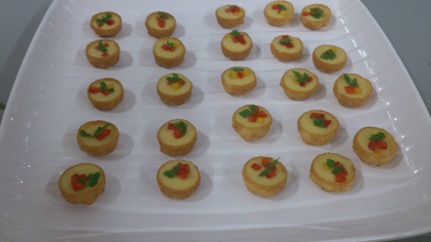
How has owning your own business affected your life?
It has made me realize that anything is possible if you stick to it and don’t be put off by what other people tell you. I never gave up on my dreams, and it really is a lot of work but it has given me a sense of accomplishment and a way to contribute to help creating a more positive image for native women in particular and native people in general. Never give up and never give in. Like one of my colleagues used to say “Onward and upward”. You can’t go back, and why would you want to.
What advice can you give others who are thinking of starting their own business?
You can live your dreams. Dream big and dream often. And for native people I say, believe in yourself, and your communities, keep your heads up, walk proud and face the future with confidence in yourself and confidence and support for the old, the youth. That way we look after and ensure our past and our future.
